5. M (1931) tie with High and Low (1963)
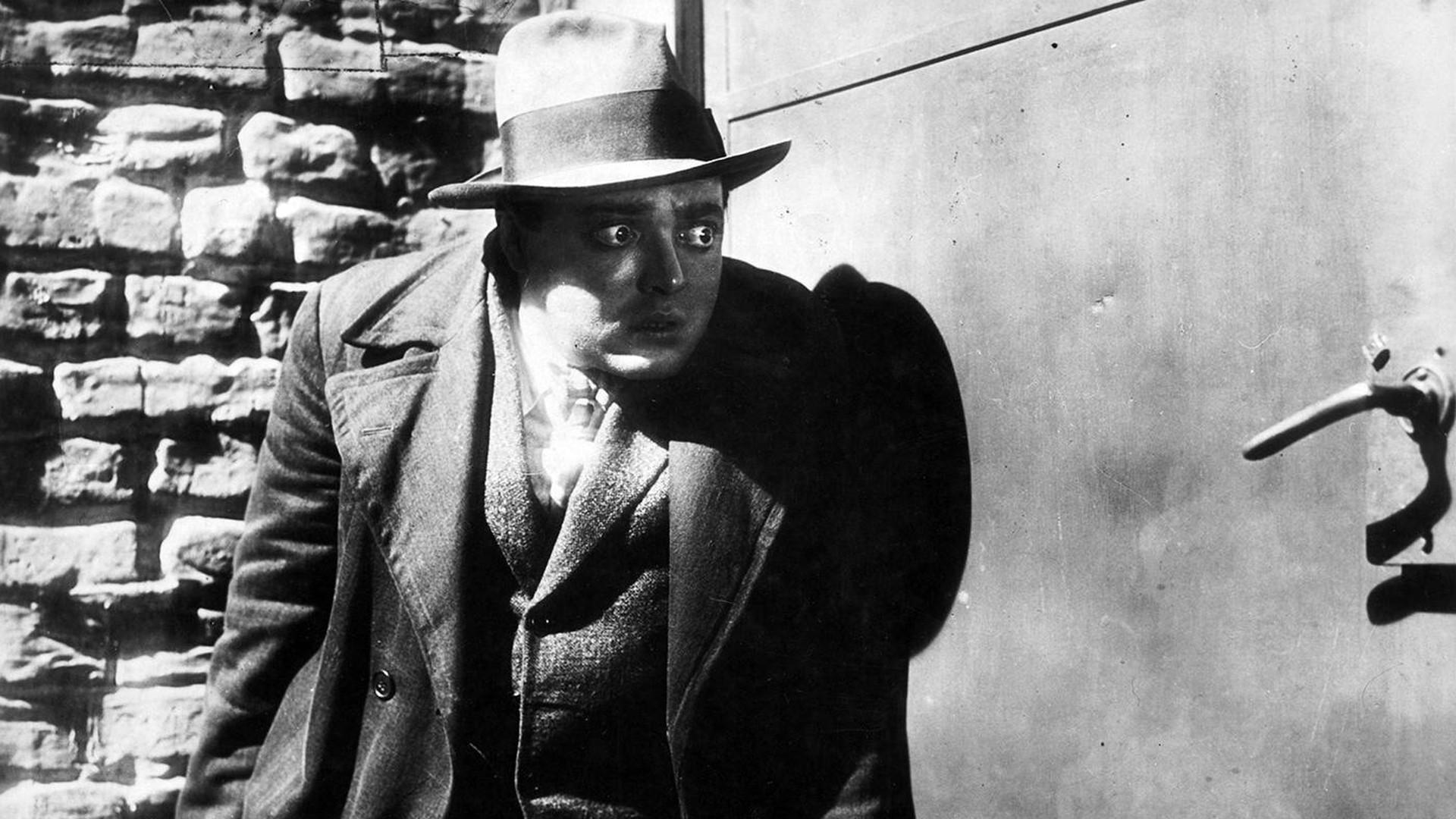
Fritz Lang’s M concerns a child murder sympathetically played by Peter Lorre. Criminals band together to catch the serial killer—the police searching for the killer interfere with the criminals’ business and as such they decide to discover who the killer is. The criminals to find the culprit and they put him on trial, even granting him a defence.
What is disturbing is not only that criminals become the law—which early 1930s Germany sets a chilling backdrop for—but also the killer’s premonitory explanation that he is without agency and unable to control his urges. The murder’s explanation evokes a sort of deep repulsion but can also engender sympathy.
Kurosawa’s High and Low is about a businessman, Kingo Gondo, whose servant’s son is kidnapped. The kidnapper has intended to kidnap the Gondo’s son. As a result of paying the ransom, Gondo must close the door on his business ambitions. To understand why the kidnapper did what he did, the Gondo visits him. The criminal, who has been sentenced to death, is consumed by resentment. The performances in the scene are as disturbing and as they are haunting.
4. Stations of the Cross (2014)
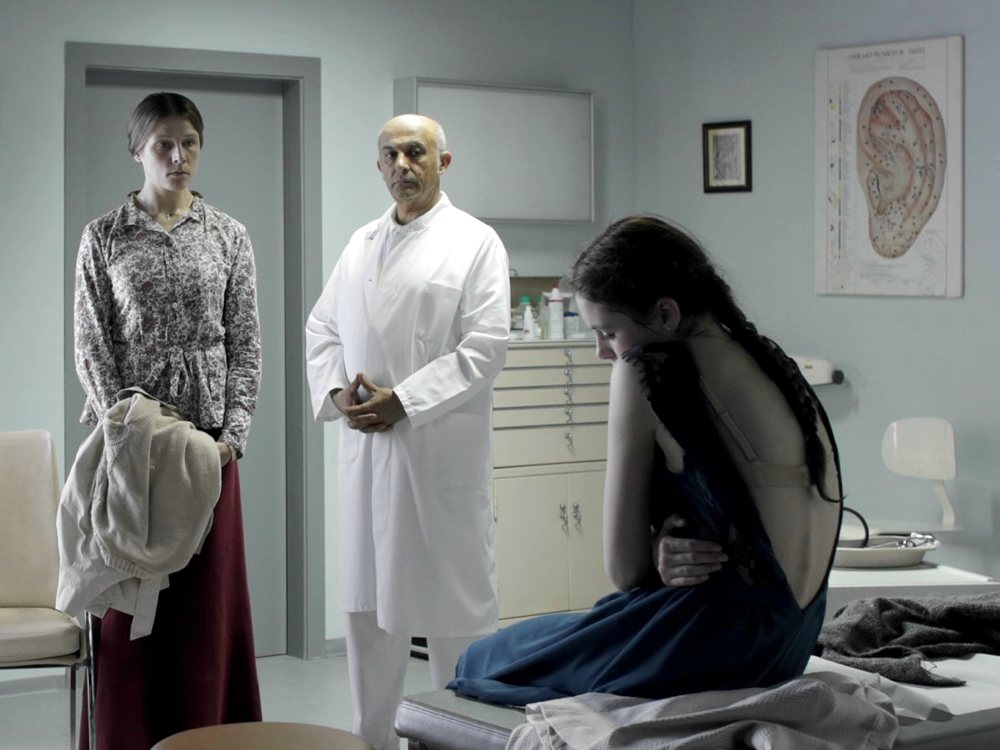
Stations of the Cross concerns a girl who wishes to make an offering to God, to make a sacrifice so that God will help her brother. Her autistic brother does not speak. Coming from a reactionary sector of the Catholic church’s community, the girl learns that God favours those who make sacrifices to him.
As such, she decides to sacrifice her life for her brother by not eating. Although the brother gains the power of speech, the sacrifice is so disproportionate that it makes one question faith all the more. A disturbing example of religious zealotry that nevertheless gestures to a child’s belief in truth and innocence, this film challenges viewers’ understanding of sacrifice.
3. Mephisto (1981) tie with Downfall (2004)
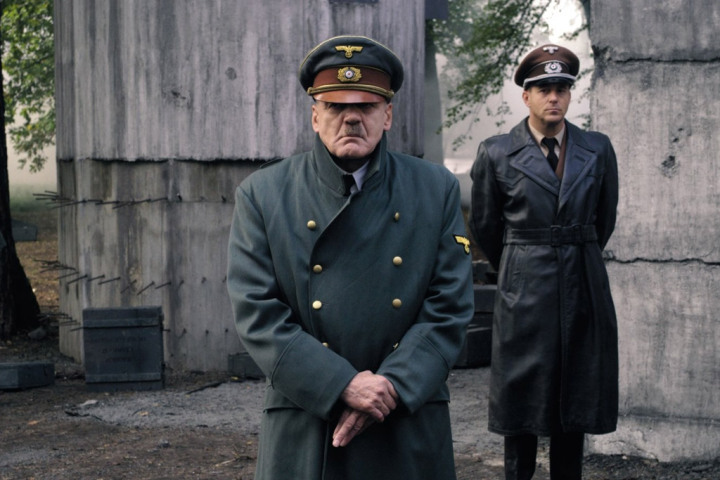
István Szabó’s Mephisto, a political and somewhat meta retelling and restaging of Faust, concerns a leftist actor, Hendrik who sells out to the Nazis to become a celebrity in the theatre world, honored for his theatrical performance as Mephistopheles. The compromises that Hendrik makes mount. The film becomes a terrifying insight into ambition and just how easy it is to sell one’s soul, to be a Faustus lured as though by magic toward temptation.
Downfall also explores whether we can empathise and understand a reprehensible figure. Following Hitler’s last days in the bunker, this film disturbed some audience members who while deploring Hitler nevertheless found that the film had engendered a strange empathy toward him.
As such, the film raises issues of whether real evil actually exists. There are those that think the very idea of evil prevents us from understanding history and thereby dooms us to repeat it. But there are also those who believe we must present evil as just that, incomprehensible and the absence of Hitler’s violence in the film means that we never witness much of the actual destruction Hitler created.
A truly troubling film, Downfall remains as powerful as ever even with the problematic YouTube appropriations. Indeed, this cathartic release may in fact be necessary after sitting through such a tense masterpiece.
2. The Vanishing (1998)
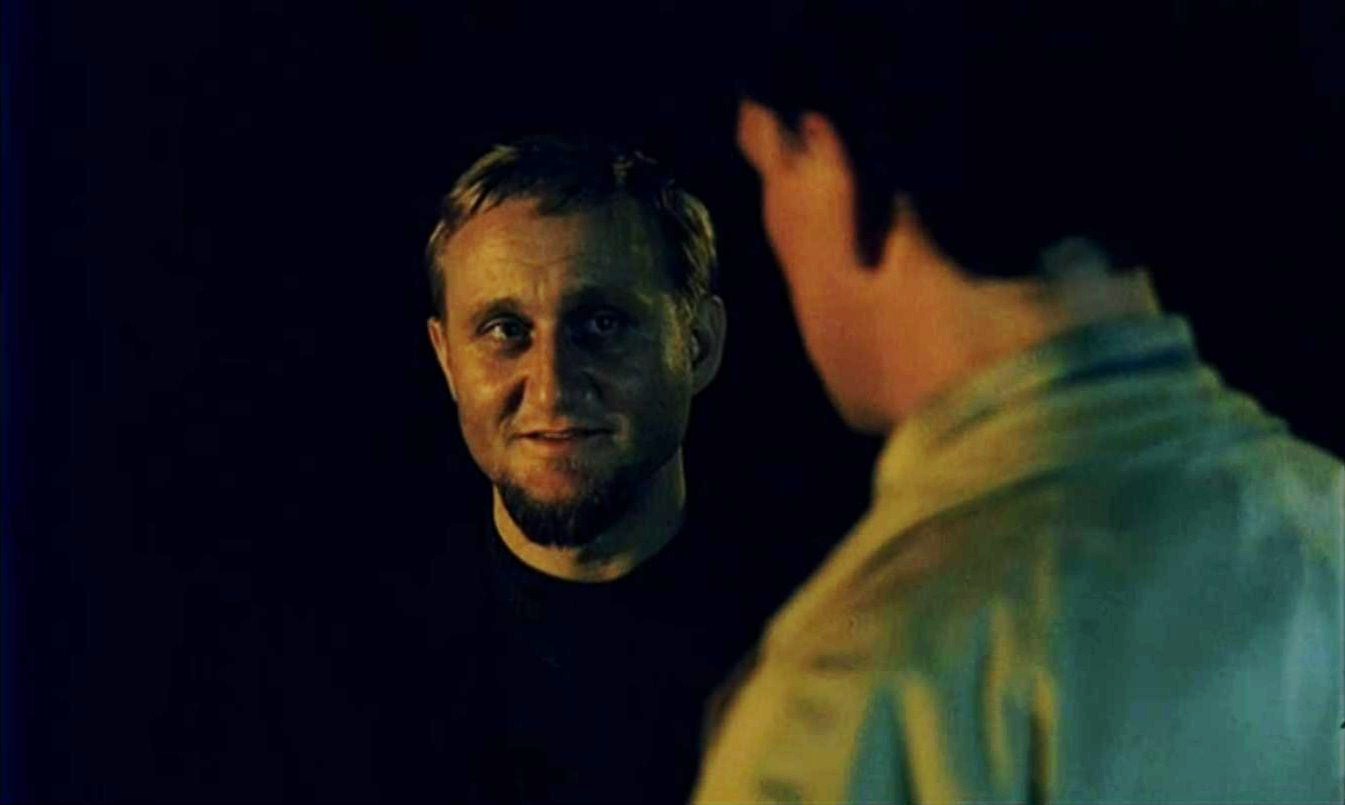
How far would you go to understand what happened to your loved one? And how far would you go to understand human nature, to know after having saved a life what it is to take one? These are the chilling questions raised by The Vanishing which focuses on two characters, one searching for his wife; the other character, his wife’s captor and killer. Without any witnessed violence, the chilling end is worth the slow pace of this lingering film.
1. The Idiots (1998)
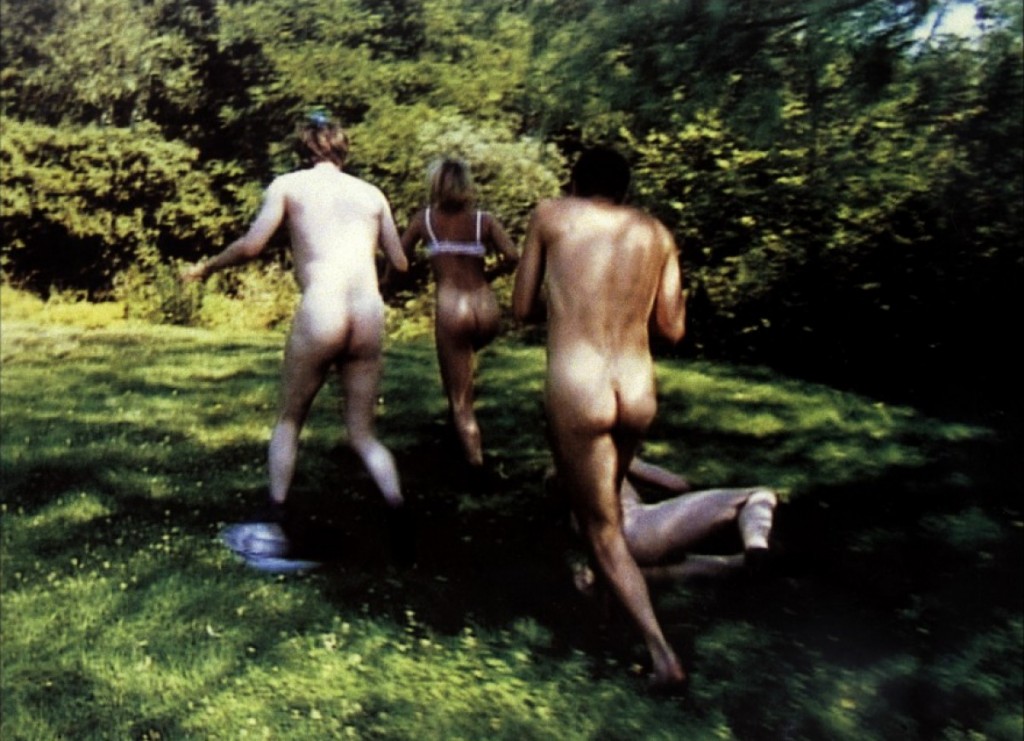
The very idea of The Idiots is so, well, messed up—to use a polite way of putting it. Following a strange collective that pretends to be disabled to disturb the public, this film again challenges us to identify with characters who behave abhorrently. When the collective begins to dissolve the group’s leader presents a final challenge and only Karin who has recently suffered a mental breakdown after the death of her son accepts. She will act as an “idiot” in front of her husband and dribble food, which leads to her being cast-out of her family, severing ties to prove the worthwhileness of a collective that has already dissolved.
Lars von Trier is known for his disturbing films, and The Idiots is surely among his more disturbing works. This is not only because he deals with twisted subject matter, but also because he stages the question of faith, as found in Kierkegaard’s Fear and Trembling as a confrontational act of degradation and sacrifice.
Author Bio: Aleks Wansbrough has a PhD in visual arts and has written for academic publications as well as mainstream ones on film and philosophy. He hopes someday to make a feature film himself.